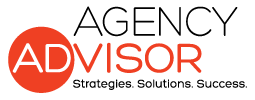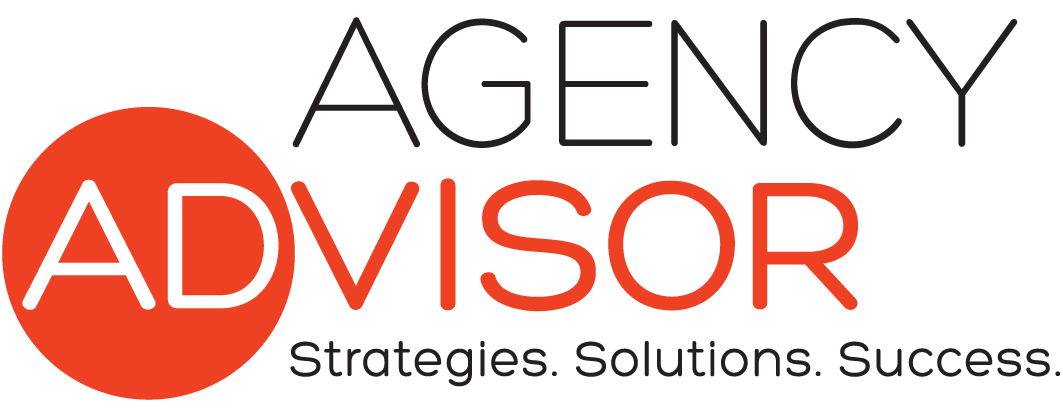Remember when the BlackBerry was such a hot item? So much so, it earned the nickname “CrackBerry”. The company’s stock peaked in 2007 at $236 per share. It has started this week at less than $ 7.50 per share.
The reason for its loss of value was not because mobile phones or devices were a passing fad. In fact, there are 7 BILLION smartphones in use today across the globe. That is one per living person in the world! This number contrasts sharply with only 122.3 million in 2007 when BlackBerry hit its highest stock price.
So what caused this once behemoth to fall from being the pioneer and leader of its industry and losing 95% of its value in less than a decade?
The answer: ineffective communication.
Ironically, leaders at Research In Motion (RIM) – BlackBerry’s parent company – could not sustain open and honest lines of communication with their internal teams. The employees did not raise any red flags as deadlines were repeatedly missed. This lack of information prevented the powers that be from solving the problem – let alone even knowing of the issue.
 It is like the old sayings: “The painter’s house is never painted” and “The cobbler’s son never has shoes.” We are in the communications industry – as much if not more than BlackBerry – and yet we are the worst communicators. If you find that your agency could improve communications, here are five easy ways to improve your communication skills.
It is like the old sayings: “The painter’s house is never painted” and “The cobbler’s son never has shoes.” We are in the communications industry – as much if not more than BlackBerry – and yet we are the worst communicators. If you find that your agency could improve communications, here are five easy ways to improve your communication skills.
- Have a ‘Stand-Up Meeting’ every morning. This meeting should be no more than 10 – 15 minutes and no one sits down to ensure its brevity. Use this time with your team to talk about what is on their plate for the day. It is a great opportunity for everyone to get on the same page and identify any issues with deadlines or workload problems. It is also a way to keep everyone accountable for their commitments.
- Document communications. Do not document to “CYA” (cover your assets), but it serves as a reminder to everyone,the discussion that took place. How many times have you committed to something when you pass someone in the hall? Then, by the time you get back to your desk, you have already forgotten it. Having a centralized place everyone can access to record these commitments not only reminds you of your obligation but also keeps everyone in the loop.
- Assess your current communication methods. While email and messaging have their place, they may not always be the best means of communication. For one thing, this opposes # 2 on this list in documenting the conversation. Also, some personalities are not prone to read a lot of emails – and those personalities tend to dominate the creative industry. Additionally, they are not accessible to everyone who may need access to that information. It is imperative to implement a tool that allows you to communicate easily with each other, document those communications, organize the communications in a logical and easy to understand way, and allows easy access to the communication history.
- Do not attempt to have your systems replace all communications. The biggest reason for the failure of implementing systems that I have observed is when the shop tries to replace face-to-face communications with a system. A system is a tool. Use the tools to help you communicate and to document those communications. Continuing to discuss one-on-one allows the sharing of the emotions and tone of the conversation.

- Know your personality types. This industry consists of every possible personality type. Add to that the stressors we face each day, and you have a time bomb just waiting to explode. Knowing what personality you are communicating with makes it easier to understand how to connect with them. Assessments such as the DISC Personality Profile are tools that can help your team better understand how to communicate and work together more effectively. If you are interested in having the DISC Personality Profile conducted for your team, Agency ADvisor can help.
Most important is that your shop doesn’t lose its core value and the culture that makes it unique. There are many tools out there which can help with communication. Excellent communication is a quality that successful businesses have. It is worth the time and effort spent improving communication to keep the great talent that makes your shop who and what you are. I promise – this is an investment you cannot afford to pass up!

